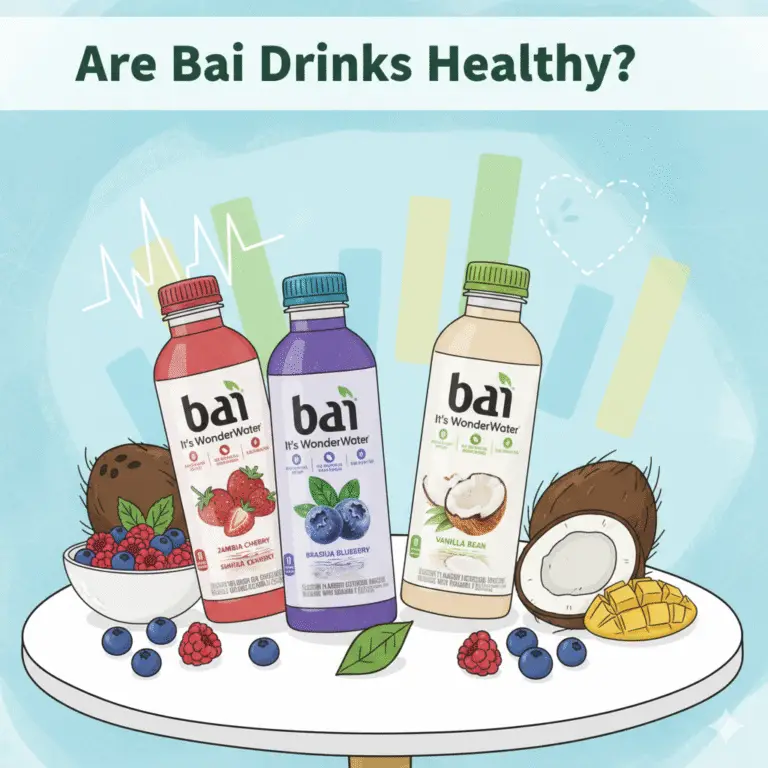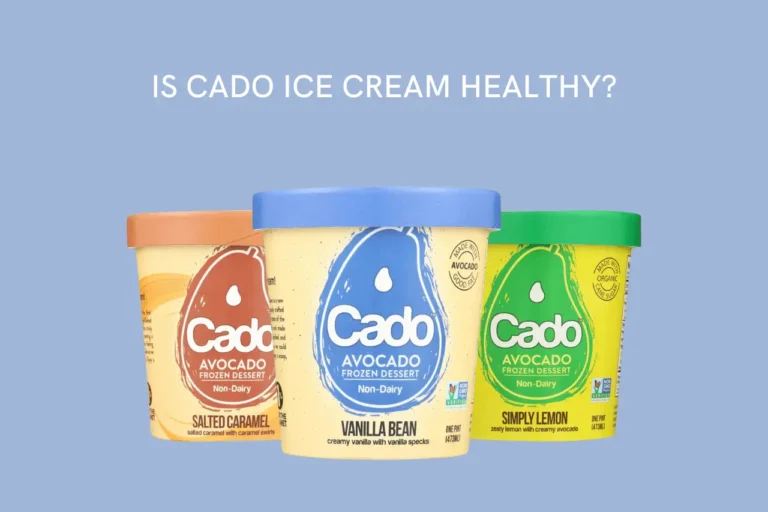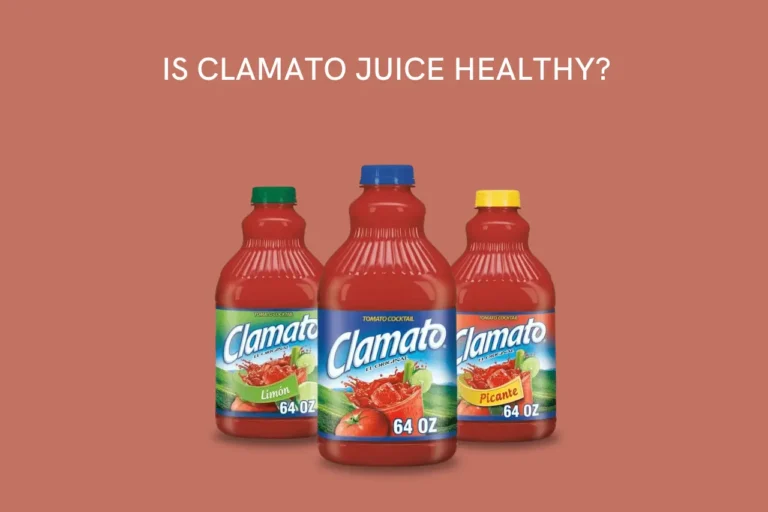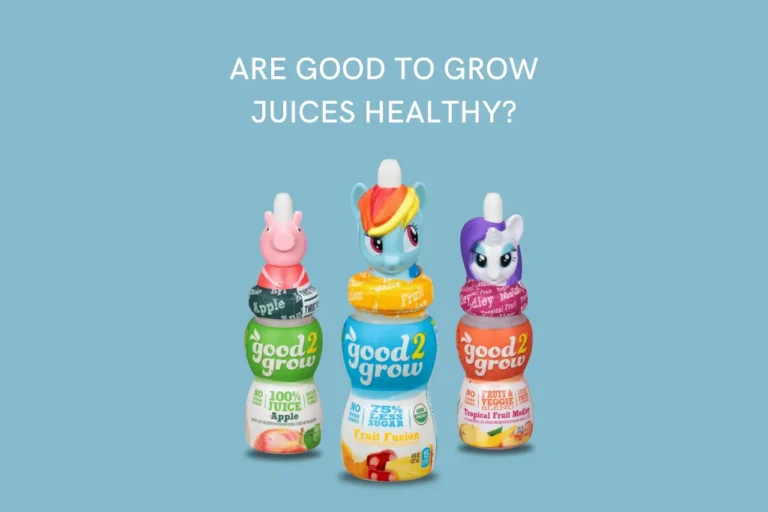Kurkure is a snack food made of rice, lentil and corn seasoned with onion powder and other spices. It is a snack that has been in the Indian market for over 20 years now and has been highly consumed by people of all age groups.
While different flavours of Kurkure may satisfy your tastebuds, is it good for your health, or is it just another unhealthy snack?
In this post, we’ll take a closer look at the nutritional value and ingredients of Kurkure to determine whether it is actually good for your health.
Let’s start with the ingredients.
Ingredients in Kurkure
The key ingredients used in Kurkure are Corn meal, Gram meal, Rice meal, Edible vegetable oil(Palmolein oil), Citric acid, Dextrose, Milk solid, Edible starch and Spices.
Let’s see each of the ingredients in detail.
- Corn meal: It is a type of coarse flour made from dried corn kernels.
- Gram meal: It is flour made from grinding dried chickpeas.
- Rice meal: It is rice flour made from grinding rice.
- Palmolein oil: It is a type of vegetable oil that is extracted from the fruit of the oil palm tree. While palmolein oil has a number of benefits, it also has some drawbacks.
- Citric acid: It is a natural acid found in citrus fruits. It is commonly used as a food additive and preservative to prevent the growth of mold and bacteria and can extend the shelf life of foods.
- Dextrose: It is a simple sugar that is derived from starch. It is commonly used in food as a sweetener or preservative.
- Milk solid: It is a powder that is left out after milk is dried out and the water is removed. It adds a uniform texture to food products and enhances their taste.
- Edible starch: It is a type of carbohydrate used in food to thicken liquids and improve the texture of foods.
- Spices: Kurkure has different spices such as onion powder, red chilli powder, Amchur, Coriander, Garlic, Ginger etc.
Nutritional value of Kurkure
When it comes to nutrition, Kurkure is very low in essential nutrients such as protein and fiber. Plus, it has no vitamins and minerals in it. However, it is high in calories, saturated fat and sodium, which might not be good for your health.
Here is the complete nutrition value of Kurkure in 100gm:
- Calories: 558
- Carbohydrates: 55.2 g
- Sugar: 1 g
- Fat: 34.6 g
- Protein: 6.4 g
- Sodium: 892 mg
7 Reasons Kurkure Is Not Good For The Health
While Kurkure seems like an innocent snack, after analyzing its ingredients and nutritional value, I have found 7 points suggesting that Kurkure might not be good for your health.
Kurkure is extremely low in nutrients
Do you often find yourself reaching for Kurkure as a snack? You may not be aware, but Kurkure is actually quite low in nutrients. A 44gm packet of Kurkure, which costs approximately 10 Rs, contains only 2.8gm of protein.
In addition to protein, Kurkure does not contain any fiber, essential minerals, or vitamins. Also, a study published in The Nutrition source says that 40% of people occasionally replaced meals with snacking, and 25% sometimes skipped meals entirely.
If you are also someone who often replaces meals with processed foods like Kurkure, you may be at risk of developing nutritional deficiencies.
Consider whether it is right to choose a snack that is only tasty but low in essential nutrients.
Kurkure has high levels of unhealthy fat
While Kurkure falls into the most popular snack food category, it has high levels of unhealthy fat, aka “saturated fats”.
A 100gm serving of Kurkure contains 16gm of saturated fat, which is more than 100% recommended amount of saturated fat for a day as set by the American Heart Association.
Eating too much saturated fat in your diet can lead to many serious health issues such as:
- Weight gain
- Obesity
- High cholesterol
- Heart disease
- Type 2 diabetes
Also, if you are suffering from any of the health issues listed above, It is best to avoid the consumption of Kurkure.
Kurkure has high levels of sodium
Whether you pick the masala munch, green chutney, or puffcorn, all the flavours of Kurkure have high levels of sodium. A 100gm serving of Kurkure contains 750 mg to 1100 mg of sodium, which is about 30 to 50% of the daily recommended.
In addition to Kurkure, you also get sodium from other foods, which might increase your overall sodium intake.
While sodium is an important mineral for the body, excess intake of it can lead to many health complications such as:
- High blood pressure
- Dehydration
- Headaches
- Fatigues
- Calcium loss
- Kidney disease
Kurkure is high in calories
If you are trying to maintain a healthy weight, Kurkure might not be a perfect snack on your list as it is high in calories.
A 100gm serving of Kurkure has 558 calories which is a whooping amount.
Calories aren’t bad for you but eating too many calories especially from processed foods can lead to weight gain.
Kurkure and use of milk solids
If you are someone who follows a dairy-free diet, Kurkure might not be the good option for you as it contains milk solids.
Milk solids are added to improve the texture and nutritional value of a food. But they might cause some digestive issues for someone who is lactose intolerant.
Therefore, lactose intolerants must avoid Kurkure.
Kurkure and use of dextrose
Dextrose is a type of sugar often used in processed foods and drinks. While dextrose is not as harmful and may provide your body with some energy, eating too much of it can increase your risk of several conditions such as the buildup of excess fat, weight gain, increase in depression, acne and other skin conditions.
Also, people with the following conditions should limit their intake of dextrose:
- Heart disease
- Diabetes
- Obesity
- Kidney disease
- Liver disease
Kurkure and addiction
Looking at the ingredients, it is clear that Kurkure contains a high amount of dextrose (a type of sugar) and a high amount of salt and fat, making it highly addictive.
According to studies, eating salt trigger the release of dopamine in the brain. Dopamine is a neurotransmitter that’s associated with Pleasure and motivation, and it has the potential to lead to addictive behaviours. When your brain receives its first reward hit, it begins to crave more and more over time.
Another reason for Kurkure being addictive is that it is convenient and easy to eat. It’s often easier to grab a packet of Kurkure than to cook a healthy meal. And there is no doubt that today’s generation is the laziest of all.
Does Kurkure contain plastic?
Recently, there has been a lot of controversy surrounding the popular snack food Kurkure. Some people claim that Kurkure contains plastic, while the company that makes Kurkure denies these claims. So what is the truth?
The suspicion of plastic in Kurkure arose a few years ago when a video went viral of someone burning Kurkure and finding plastic residue remaining. However, after intensive research, it was confirmed that Kurkure does not contain any plastic. The burning was likely due to the high amount of oil in it.
If you try to burn more, such fried foods or those with a high-fat quantity will burn due to the high amount of fat and carbohydrates.
Even the AIIMS have cleared that Kurkure does not use plastic during manufacturing. So, plastic should not be the reason for not eating Kurkure as it is free of it.
Better healthy alternatives snacks to Kurkure
From the above points, it is clear that Kurkure might not be good for someone suffering from high blood pressure, high weight, lactose intolerance and other health conditions.
But snacking is something Indians can’t leave without. It’s a part of Indian culture. Therefore you must know some better snacking options that are convenient and nutritious too.
Here are some of the best healthy alternatives snacks to Kurkure:
- Homemade popcorn
- Pool Makhana (roasted)
- Puffed rice(murmure) mixed with vegetables and spices
- Oats with milk
- Whole wheat or brown bread with peanut butter
- Bhel puri
- Dry fruits
Final words
Snacking in India is not just something you do when you’re hungry; it’s part of the culture. However, with so many low-cost, easily available processed snacks, choosing a healthy option for yourself can be difficult.
Based on the above points, it is clear that Kurkure is not good for your health. Limiting your intake or replacing it completely with other healthy snack alternatives would be best.
Found this information helpful? Share it with the world.
Meanwhile, here are a few other posts that might be helpful for you:




